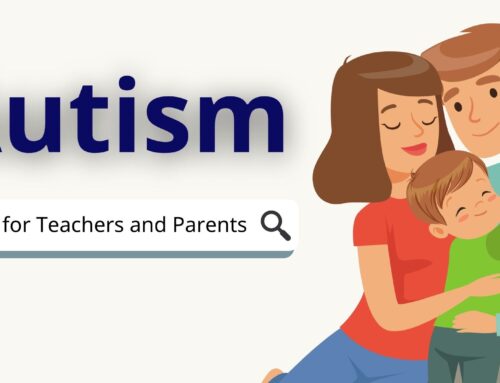Stuttering is a speech disorder characterized by involuntary disruptions in the flow of speech. These disruptions can manifest in a variety of ways, including:
- Repetitions: Repeating sounds, syllables, or words (e.g., “C-c-can I have a b-b-book, please?”)
- Blocks: Difficulty initiating sounds or words, often accompanied by physical tension (e.g., lips pressed together)
- Prolongations: Stretching out sounds or vowels (e.g., “Thhhhhis is difficult”)
While stuttering can be frustrating and impact communication, it’s important to understand that it’s not a sign of intellectual disability. People who stutter possess normal language skills and intelligence.
Causes of Stuttering
The exact cause of stuttering remains unknown, but research suggests a combination of factors may be involved:
- Neurological factors: Differences in brain function related to speech production may play a role.
- Genetics: Stuttering tends to run in families, suggesting a possible genetic predisposition.
- Developmental factors: Some children experience a period of disfluency during language development. Most outgrow it, but for others, it may persist.
- Environmental factors: Emotional stress, fatigue, and communication pressures can worsen stuttering.
Types of Stuttering
There are three main types of stuttering:
- Developmental stuttering: The most common type, typically starting between 2 and 6 years old. It may resolve on its own or with therapy.
- Neurogenic stuttering: Caused by neurological damage from stroke, head injury, or other brain conditions.
- Psychogenic stuttering: A rare type thought to be triggered by significant emotional trauma.
It’s important to note that this classification is for general understanding, and stuttering presentations can vary greatly.
Treatment Options for Stuttering
Several treatment approaches can help individuals who stutter manage their speech disfluencies. These include:
- Speech-language therapy: A speech-language pathologist can teach techniques to improve fluency, manage speaking situations, and build confidence.
- Support groups: Connecting with others who stutter can provide emotional support and a sense of community.
- Psychological counseling: Addressing any anxiety or social difficulties related to stuttering can be beneficial.
The effectiveness of treatment can vary depending on the severity and type of stuttering. Early intervention is often recommended, particularly for children.
Living with Stuttering
Stuttering can be a challenging experience, but with proper support and management strategies, individuals who stutter can communicate effectively and live fulfilling lives.





Leave A Comment